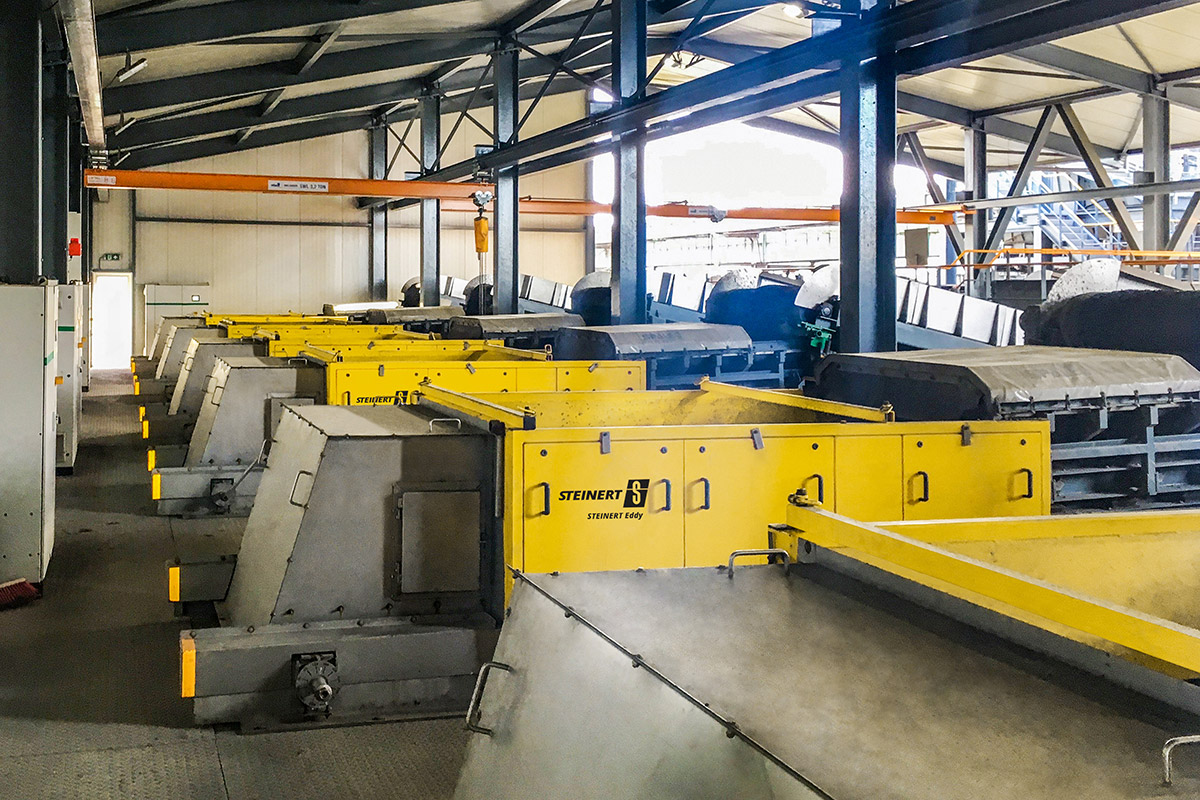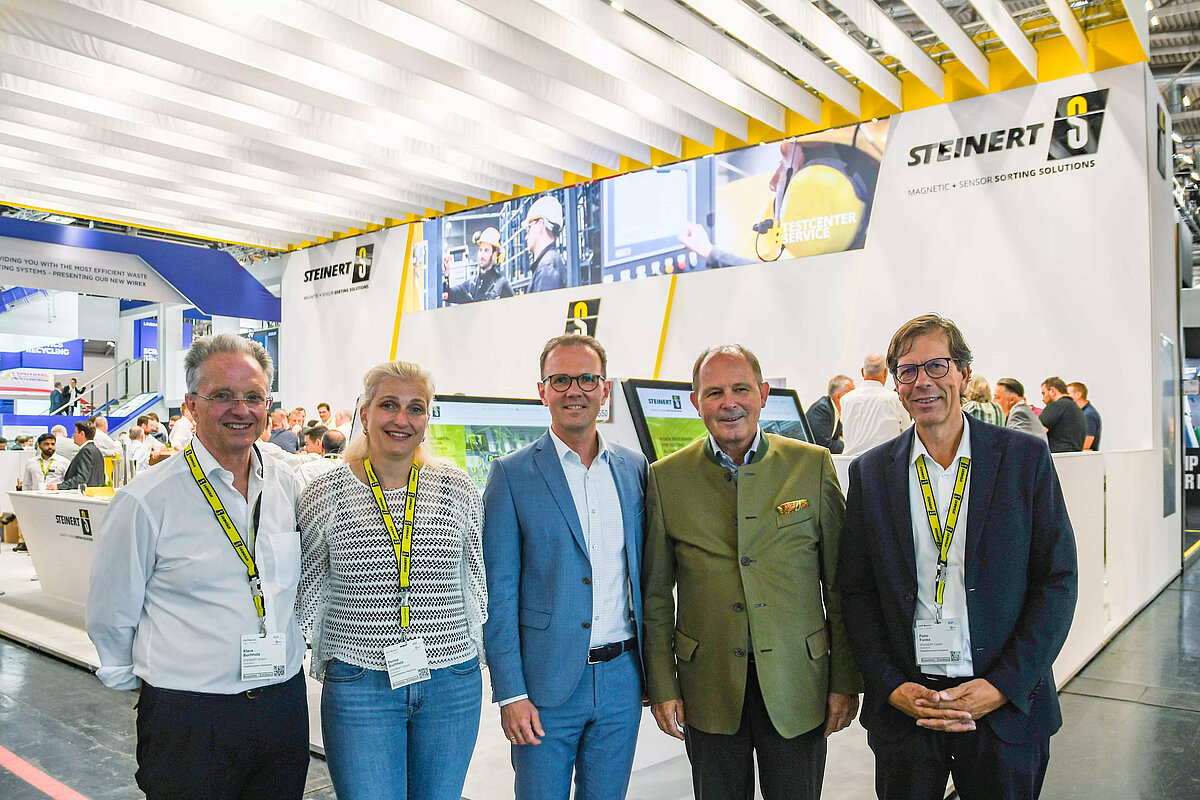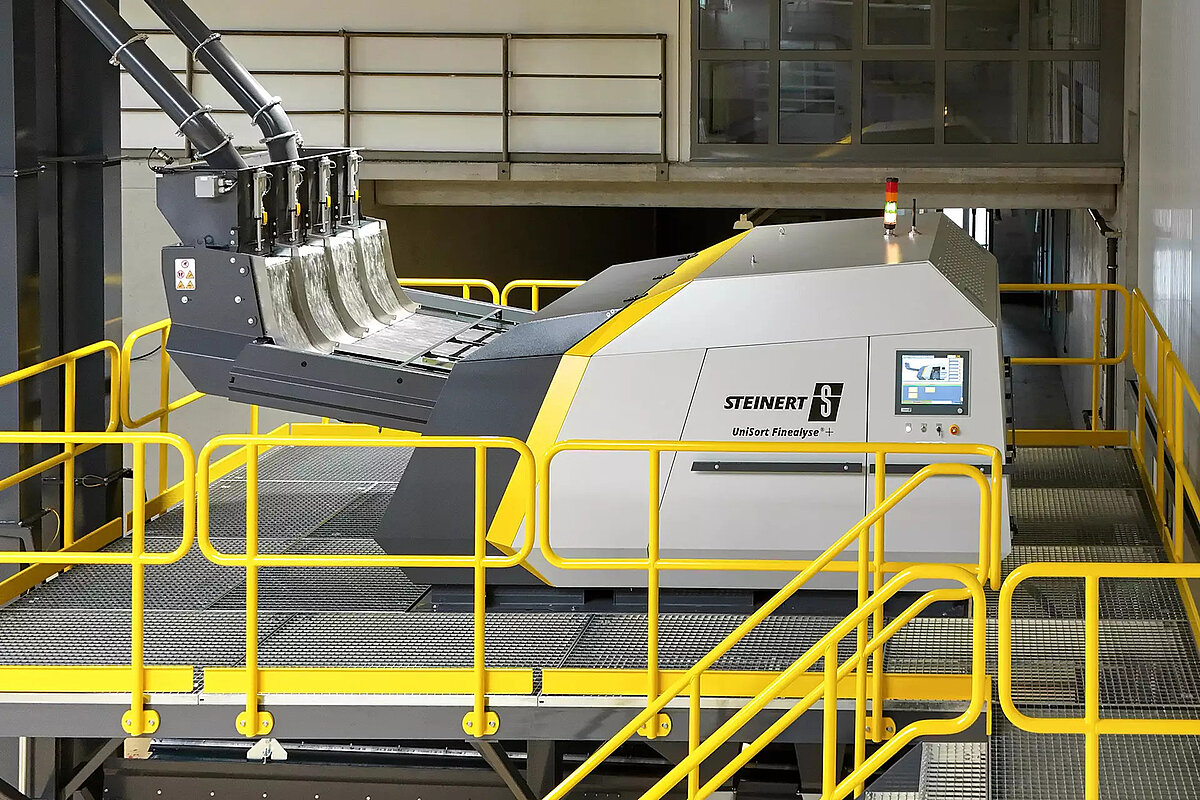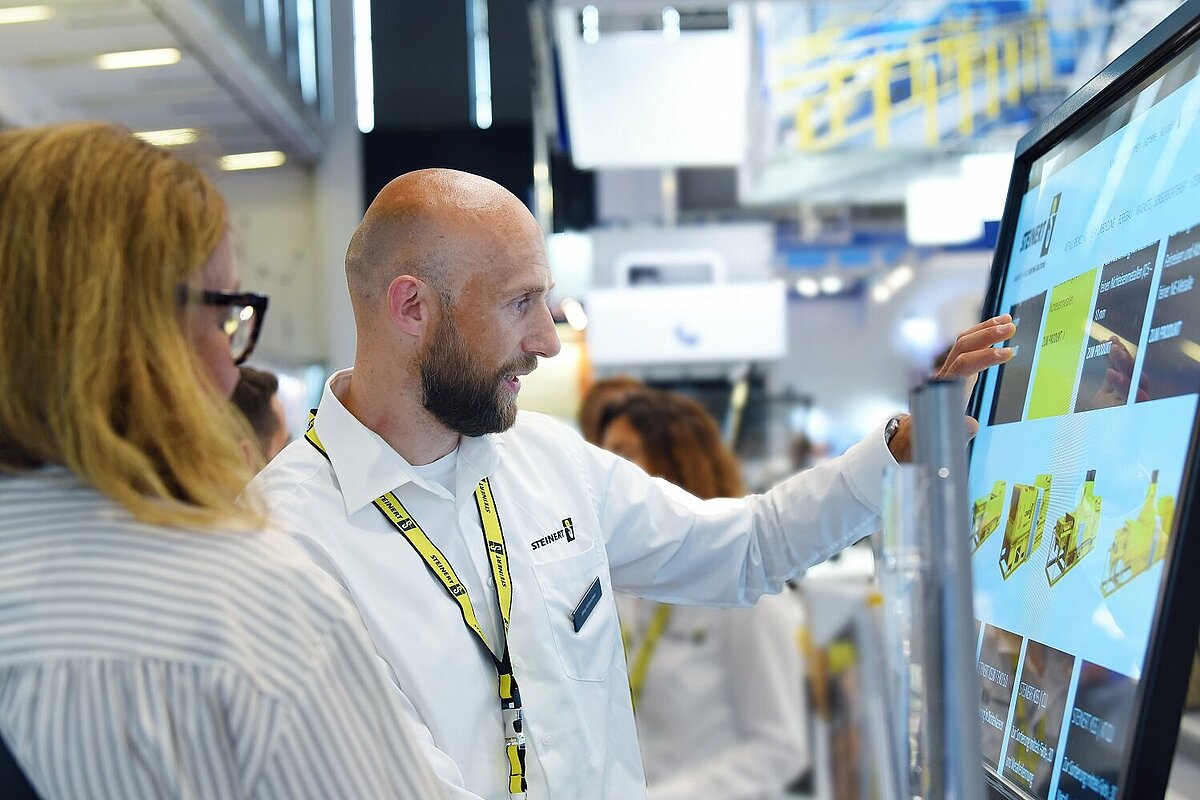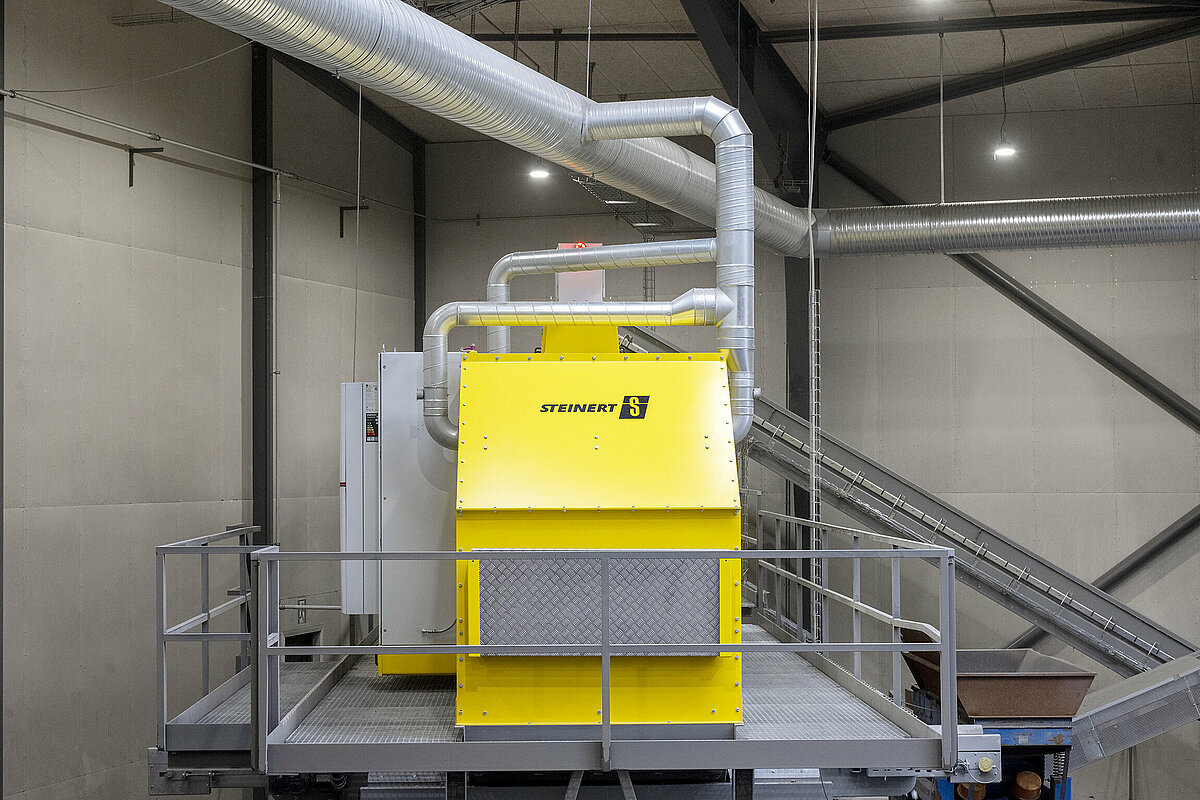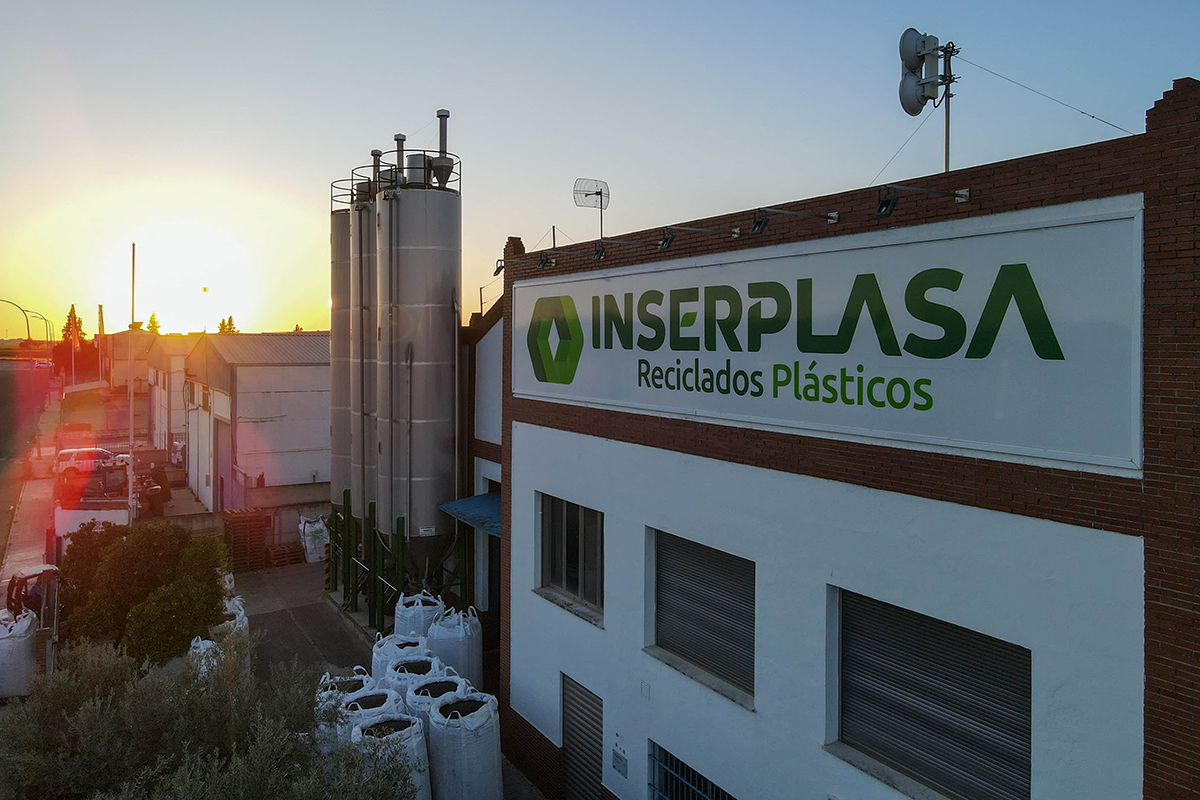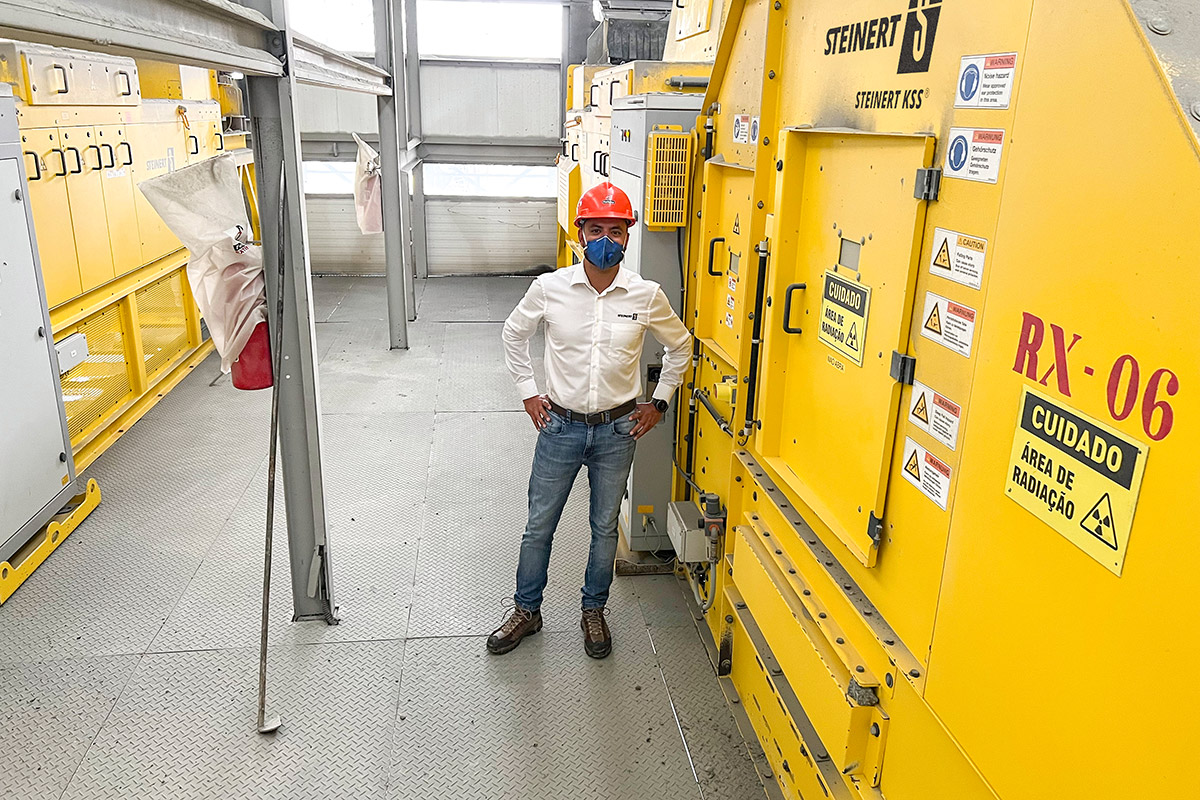
News & Events
News
Events
Procemin - Geomet 2024
07 - 09 August 2024
Santiago, Chile
EXPOSIBRAM
09 - 12 September 2024
Belo Horizonte, Brazil
PRS Plastics Recycling Show Middle East & Africa 2024
10 - 12 September 2024
Dubai, United Arab Emirates
RWM Resource & Waste Management Expo
11 - 12 September 2024
Birmingham, England
MiningMetals CENTRAL ASIA
17 - 19 September 2024
Almaty, Kazakhstan
Aluminium Sharing a vision
08 - 10 October 2024
Düsseldorf, Germany
RECYCLING-TECHNIC
09 - 10 October 2024
Dortmund, Germany
Recyclingdagen
10 October 2024
Helsingborg, Sweden
AusIMM Mill Operators Conference
21 - 23 October 2024
Perth, Australia
Waste Expo Brazil
22 - 24 October 2024
São Paulo, Brazil
Waste Expo Australia
23 - 24 October 2024
Melbourne, Australia
Ecomondo - The Green Technology Expo
05 - 08 November 2024
Rimini, Italy



